At least 65 civilians have been killed by sniper fire of the PKK terrorist group’s Syrian wing YPG in northern Aleppo province in the past two months, a Syrian war monitor announced Thursday.
Following the withdrawal of the ousted Bashar Assad regime’s forces from Aleppo’s city center, PKK/YPG placed snipers at some locations around the occupied Ashrafiyah and Sheikh Maqsoud neighborhoods, the Syrian Network for Human Rights (SNHR) said in a statement.
At least 65 civilians were killed by sniper attacks between Nov. 30, 2024, and Jan. 30, 2025.
The terrorists also targeted the Syrian Red Crescent and Civil Defense teams that arrived in the region to collect the bodies of those killed by snipers.
The SNHR emphasized that the sniper attacks carried out by the terrorist organization in Aleppo constitute a serious violation of international humanitarian law and constitute a clear violation of a number of basic principles for the protection of human rights.
The terrorist group this week was blamed for a car bombing in another northern city that killed 17 and injured 16 others.
No group has claimed responsibility for the attack in Manbij, a northern town captured from the U.S.-backed PKK/YPG in December during Operation Dawn of Freedom by the Syrian National Army (SNA).
The PKK/YPG still carries out attacks in the region to take back Manbij.
It was the second such attack in recent days in Syria, about two months after the fall of the Assad regime’s longstanding rule.
The SNA has managed to capture two towns, including Tal Rifaat, from the PKK/YPG, but the terrorist group still holds out in some areas, including around the strategic Tishrin Dam.
The PKK/YPG has been targeting civilian areas in Syria, especially those around the Tishrin Dam, where tens of thousands of people live.
The vicinity of the dam was also a scene of the deployment of civilians and YPG/PKK terrorists disguised as civilians in recent weeks. Türkiye has accused the group of using civilians as human shields.
The PKK/YPG exploited the security vacuum amid an apparent aversion of pro-Assad forces to strike them during the civil war and carved out a presence in northeastern Syria.

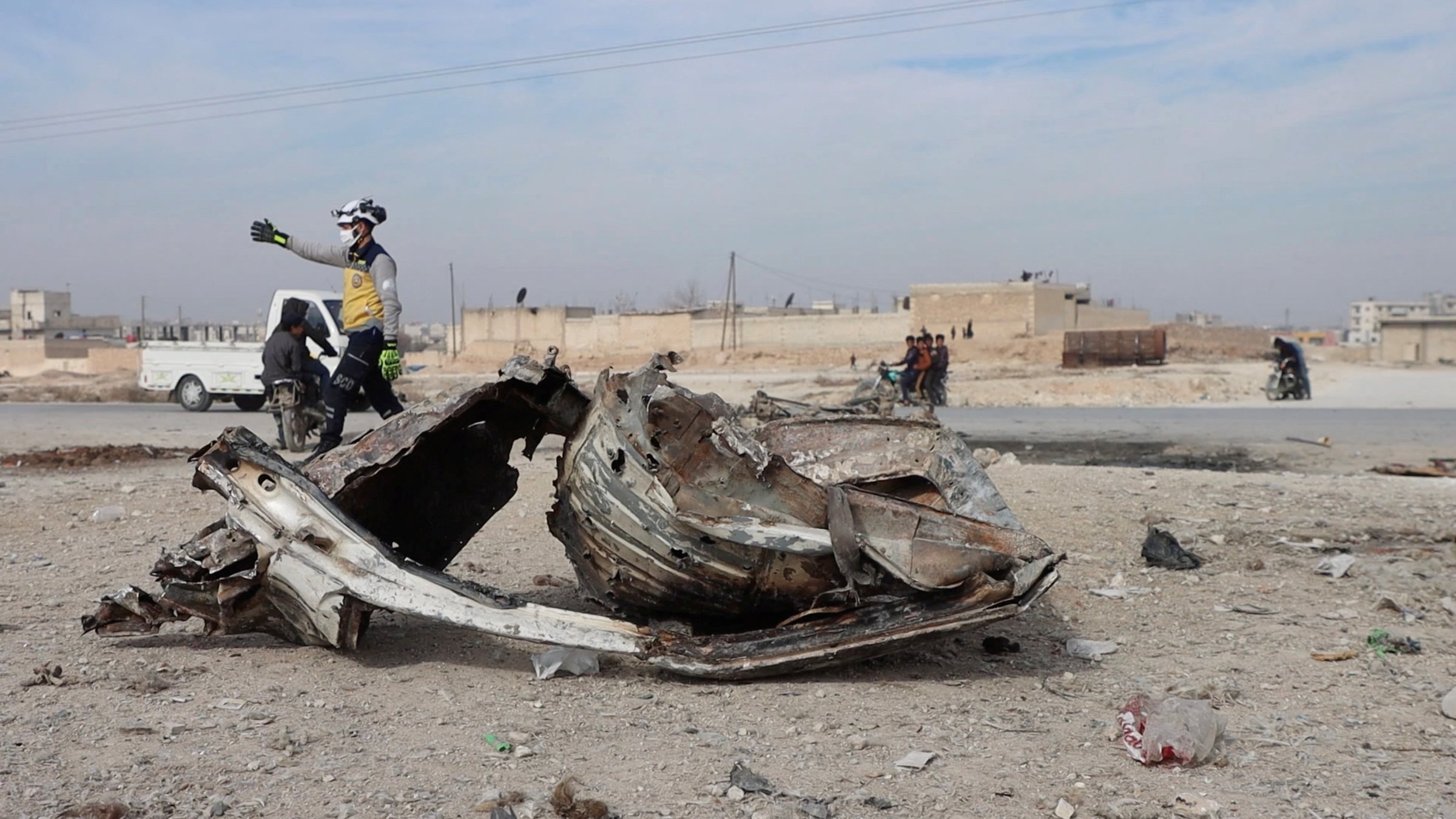


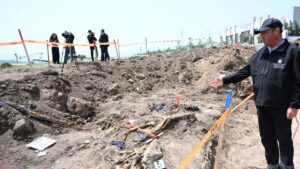

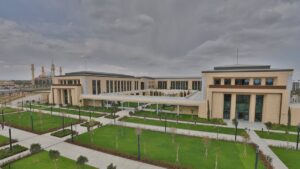


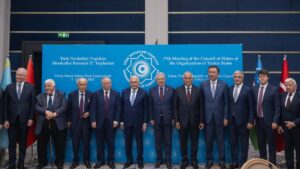


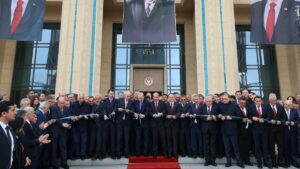

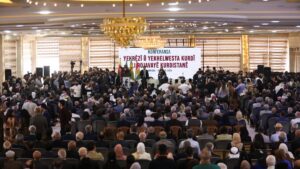
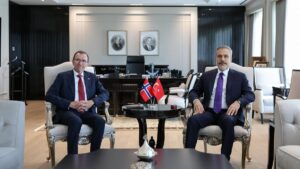



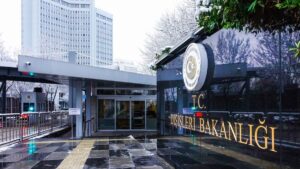

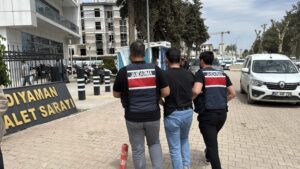
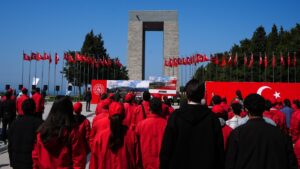

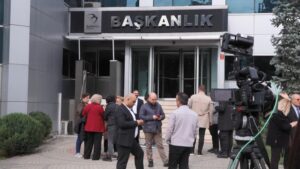
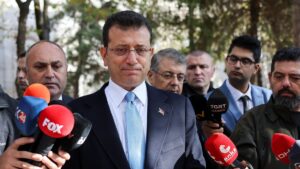
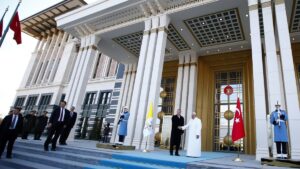
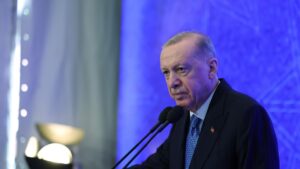
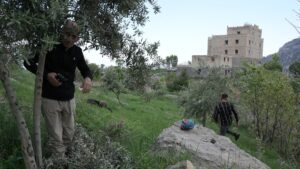
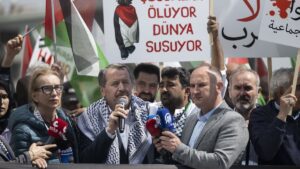

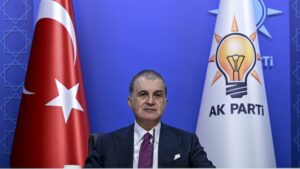


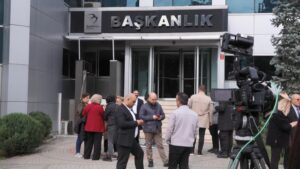
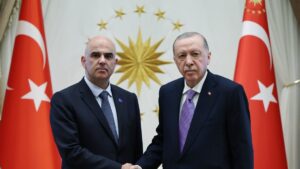

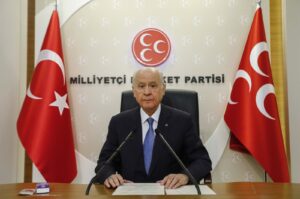
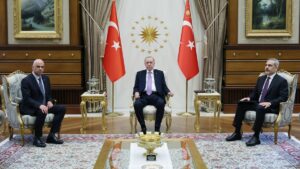


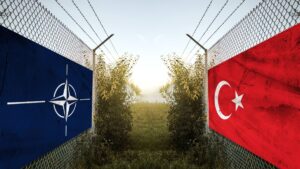

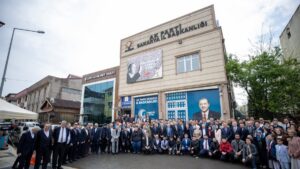

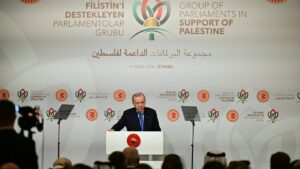
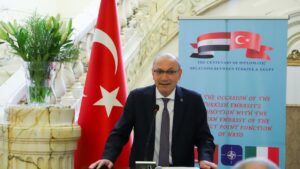
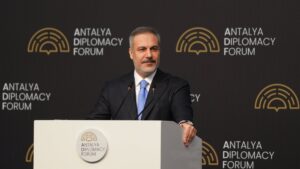


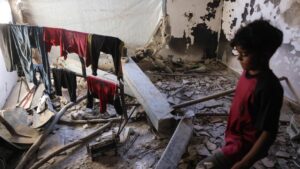

Be First to Comment